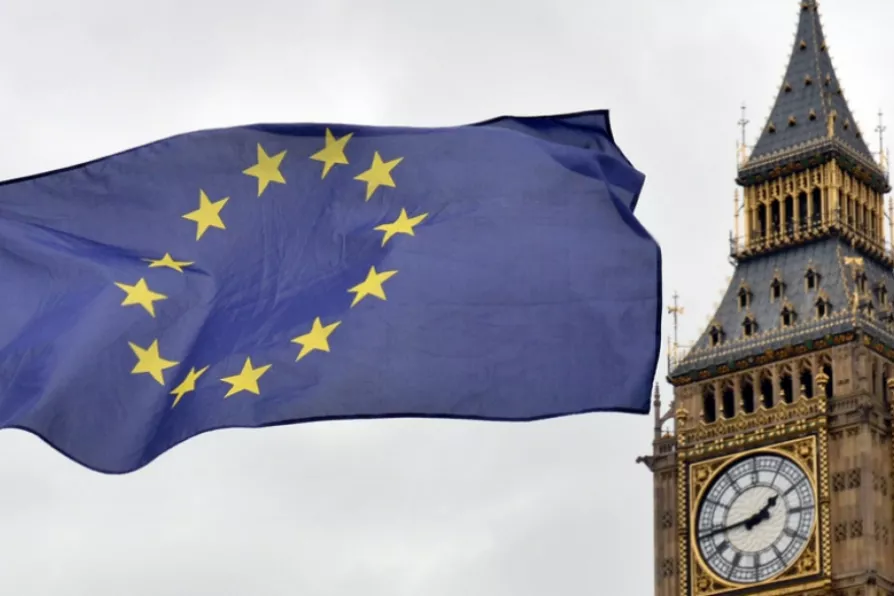Does widespread and uncontrolled use of AI change our relationship with scientific meaning? Or with each other? ask ROX MIDDLETON, LIAM SHAW and MIRIAM GAUNTLETT


THE YEAR was 1987. Thatcher had signed the Single European Act. This signalled Britain’s fuller integration into what became the European Union.
With sovereignty surrendered, the pressure for a reversal of the labour movement’s long-standing opposition to European capitalist integration intensified.
In the late 1980s, the labour movement was in bad shape. A slump conjoined with a Thatcherite destruction of manufacturing capacity and Thatcher’s deregulation of the financial markets — combined with the unashamed “monetarist” fiscal policies she and her chancellor pursued — drove unemployment over three million.

MARTIN HALL welcomes a study of Britain’s relationship with the EU that sheds light on the way euroscepticism moved from the margins to the centre

Starmer sabotaged Labour with his second referendum campaign, mobilising a liberal backlash that sincerely felt progressive ideals were at stake — but the EU was then and is now an entity Britain should have nothing to do with, explains NICK WRIGHT

The shared path of the South African Communist Party and the ANC to the ballot box has found itself at a junction. SABINA PRICE reports

The left must avoid shouting ‘racist’ and explain that the socialist alternative would benefit all









